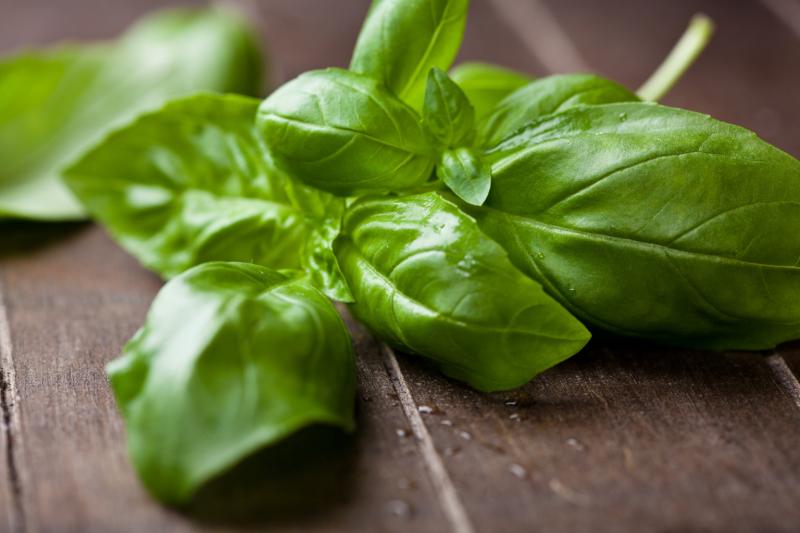Captivated by the beauty of any indoor plant, novice flower growers can not resist not buying it for their home. However, the good looks of some colors can be deceiving. The harmful substances contained in them can cause significant harm to the health of people and animals.
Dieffenbachia

Dieffenbachia attracts flower growers with bright juicy leaves, a stately and spreading crown. At home, it grows up to 2 meters. It would be perfect for landscaping an apartment if it were not for its one quality - poisonous juice.
A leaf of this plant eaten by a child or animals can lead to serious poisoning and the development of a severe allergic reaction of an immediate type (angioedema, anaphylactic shock).
In addition, dieffenbachia juice leads to burns and irritation of the oral mucosa. When in contact with the skin, it causes ulcers. People who transplant or prune a plant without protective gloves run the risk of harm to their health.
Cactus

Cacti are popular for their unpretentiousness, small size and gorgeous delicate flowers. However, there are more than 120 alkaloids in the cell sap of a cactus. These substances have a negative effect on the nervous system of humans and animals.
Nature has provided the plant with alkaloids to protect young specimens, not yet covered with thorns, from being eaten by animals. Once they enter the body of a pet or a person, they provoke convulsions, hallucinations, and a disorder of the functions of the nervous system.
In addition, the spines of the cactus are jagged. With careless handling of the plant, the thorn gets stuck in the body, often breaking off. Remaining in the thickness of the soft tissues, it becomes the cause of purulent inflammation.
Geranium

Loved by many housewives, indoor geranium or pelargonium has been decorating the window sills of apartments for decades. Hats of bright colors, delicate scent of foliage make her one of the most favorite indoor plants. However, she also hides the danger.
The essential oils that give pelargonium its characteristic odor can trigger an allergic reaction and trigger an asthma attack.
Contact with pelargonium is contraindicated for pregnant women. It is also not recommended for people with low blood sugar or children to inhale its scent.
Fat woman

Folk signs attribute to the fat woman magical properties of attracting money. Its popularity has grown lately. However, it should be borne in mind that arsenic is contained in the leaves of the bastard. Its concentration is such that the eaten leaf will cause serious harm to a child or pet. The poison does not evaporate into the air. But given the curiosity of young children and animals, don't put them in danger.
If you have a firm intention to keep the fat woman at home, put it out of the reach of children and animals.
Hydrangea

Hydrangea, which delights with its huge inflorescences, is also not suitable for growing at home. All its parts contain hydrocyanic acid.
If flowers, leaves or stems enter the body, the best outcome will be heavy sweating, abdominal pain, nausea, impaired blood circulation, weakness, itching.
In more serious cases, hydrangea poison causes shortness of breath, impairment of the activity of the central nervous system.In some cases, death can occur.
Cyclamen

Cyclamen is an amazingly beautiful plant that delights with a long flowering period. Its danger lies in the roots and seeds. The poison contained in the tuber is similar in composition to the curare poison, which Indian hunters used to lubricate their arrows. If the juice gets on the skin, irritation develops. And the use of parts of the plant by children or pets inside threatens with serious poisoning, accompanied by impaired respiratory function.
Some traditional healers recommend instilling cyclamen tuber juice into the nasal passages to treat sinusitis. However, this cannot be done. The poisonous juice will burn the mucous membranes and cause harm, not benefit.
Poinsettia

Poinsettia, called the "Christmas star", is one of the attributes of New Year's surroundings. Thanks to bright bracts located in the shape of a star, the flower decorates the interior, creates a special festive mood.
But it should be remembered that this plant belongs to the milkweed, which has a poisonous milky juice. When cutting the stems, the juice is released to the surface and, once it gets on the skin or mucous membranes, provokes burns.
The parts of poinsettia eaten by a child or animals can cause severe poisoning. Therefore, wishing to decorate the house with this charming flower, do not forget about its deceit, placing the pot out of the reach of children and animals.


